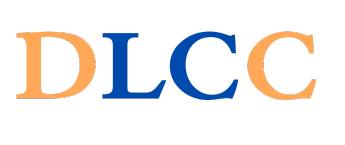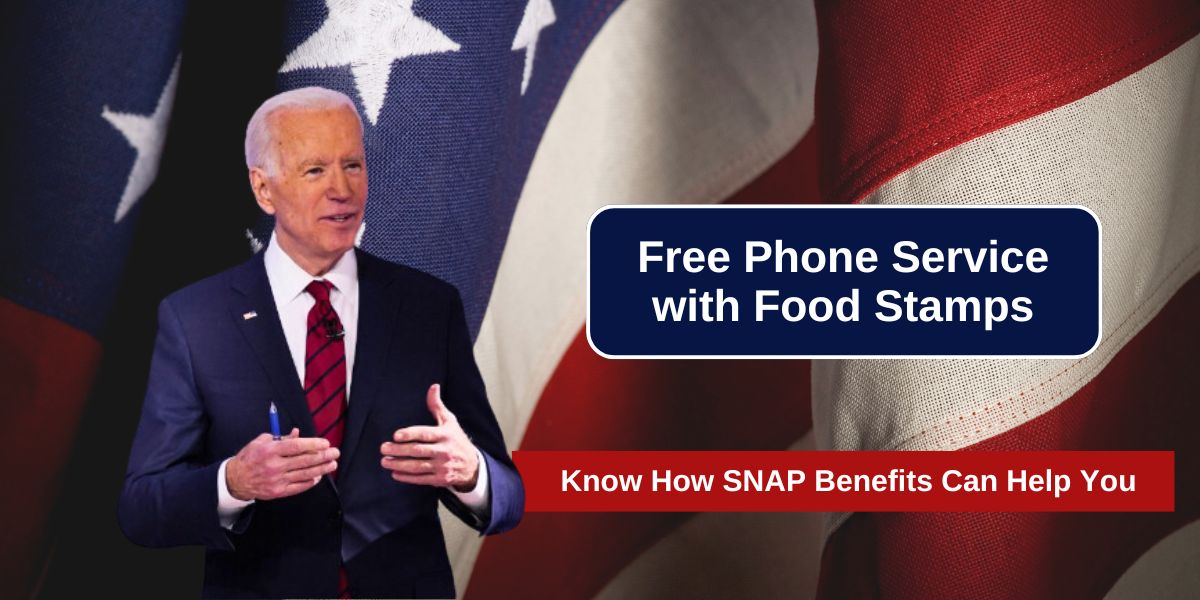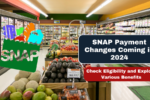In the United States, some states permit phone bills to be factored into the Supplemental Nutrition Assistance Program (SNAP). This can help boost your benefits by lowering your countable income. In Free Phone Service with Food Stamps You will know how it works and how it may help you.
Contents
SNAP Utility Allowance
When applying for SNAP, the state evaluates your household expenses to calculate your benefit amount. A crucial element in this assessment is the Standard Utility Allowance (SUA), which accounts for utilities like electricity, gas, water, and in some states, phone bills. The SUA is a fixed deduction that can lower your countable income, potentially qualifying you for increased SNAP benefits.
Phone Bills
In some states, phone expenses are included under the Standard Utility Allowance (SUA), which allows you to deduct your phone bill from your income when applying for or recertifying your SNAP benefits. If this applies in your state, submitting proof of your phone bill can be essential to maximizing your benefits.
By including phone bills under the SUA, low-income individuals and families can significantly benefit. This provision ensures that basic communication needs are covered, such as making emergency calls, staying in touch with family, and accessing critical services.
Lifeline Program
The Lifeline program, in addition to potential SNAP benefits, offers discounted phone services to low-income individuals, including SNAP recipients. Through Lifeline, eligible individuals can receive a $15 account credit or 1 GB of free data each month. In some cases, the program even provides a free 5.5-inch smartphone for those who don’t already have one. Lifeline is designed to help low-income Americans stay connected, ensuring access to essential services, job opportunities, and maintaining communication with loved ones.
State Variations
It’s important to recognize that treatment of phone bills under SNAP varies by state. In states like Texas and Colorado, phone bills may be included as part of the Standard Utility Allowance (SUA), while in others, they are not. This means you should consult your local SNAP office or check their website to understand how phone bills are handled in your state.
For states that include phone bills in the SUA, this provides extra financial relief to SNAP recipients. This adjustment can help offset the cost of phone services, allowing recipients to stay connected without compromising their food budget.
Eligibility
To claim this benefit, eligible individuals need to provide proof of their phone bill when applying for SNAP or during the recertification process. The procedure is straightforward, but it’s essential to ensure that all documentation is accurate and current.
For the Lifeline program, the eligibility criteria are more inclusive. You can qualify if your income is at or below 135% of the federal poverty line or if you are already receiving benefits such as SNAP, Medicaid, Supplemental Security Income (SSI), Federal Public Housing Assistance, or Veterans Pension and Survivors Benefit.
Once eligible, you can receive discounts on your phone service, which helps you stay connected without putting a strain on your budget.
Understanding how phone bills can be covered under SNAP’s SUA is crucial for optimizing your benefits. Although not all states include phone bills in the SUA, those that do can provide significant savings and additional support. Combined with the Lifeline program, these benefits help low-income Americans maintain essential communication services while managing their food expenses.
Benefits of Using Lifeline with SNAP Benefits
Using Lifeline in conjunction with your SNAP benefits offers numerous advantages:
- Cost Savings: One of the most significant benefits is the cost savings. Lifeline provides free or discounted phone service, which can free up funds for other essential expenses, such as food, housing, or healthcare.
- Access to Essential Services: With a reliable phone service, you can easily access emergency services, healthcare providers, and other essential resources. This can be particularly important in case of medical emergencies or when looking for work.
- Employment Opportunities: A phone is crucial for job searches, interviews, and communication with potential employers. With Lifeline, you can stay connected and increase your chances of finding employment.
- Stay Connected with Loved Ones: Lifeline ensures that you can maintain communication with family and friends, which is vital for emotional support and maintaining relationships, especially during challenging times.
- No Long-Term Commitment: Lifeline services typically do not require a long-term contract, giving you flexibility. If your circumstances change or you no longer need the service, you can cancel without penalty.
All We Know
Access to free phone service through SNAP benefits is a valuable resource for individuals and families in need. By leveraging these benefits, eligible participants can stay connected with loved ones, access essential services, and manage their daily lives without the burden of additional phone bills. Understanding the eligibility criteria, application process, and available service providers is key to taking advantage of this opportunity. If you qualify for SNAP, be sure to explore how you can also benefit from free phone service to enhance your overall well-being and financial stability.
FAQs
Who is eligible for free phone service through SNAP benefits?
Eligibility for free phone service through SNAP benefits typically requires you to be a current SNAP recipient. Other criteria, such as income level, may also apply depending on the state and service provider.
What type of phone service is provided under this program?
The service generally includes a certain number of free minutes, texts, and sometimes data each month. The exact offerings may vary by provider, so it’s important to compare options.






